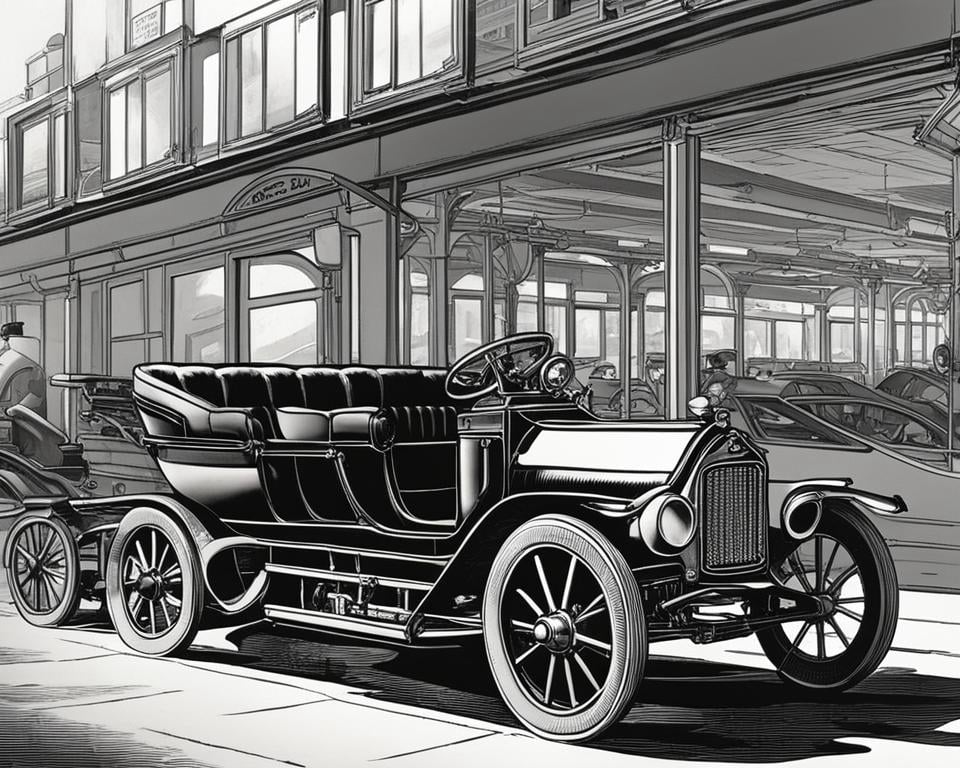History of the Automotive Industry
The automotive industry has a rich history that spans over a century, marked by innovation and evolution. The first gasoline-powered car was invented in the late 19th century, setting the stage for the development of modern automobiles. Early pioneers like Karl Benz and Henry Ford played crucial roles in advancing automotive technology and making cars accessible to the masses.
Throughout the 20th century, the automotive industry experienced significant growth and transformation. The introduction of assembly line production by Ford revolutionized manufacturing processes, making cars more affordable. The post-World War II era saw a boom in car ownership, driven by economic prosperity and the expansion of suburban living.
The latter half of the 20th century brought further advancements, including improvements in safety features, fuel efficiency, and emissions control. The oil crises of the 1970s highlighted the need for more fuel-efficient vehicles, leading to the development of smaller, more economical cars. The introduction of electronic systems and computers in vehicles also paved the way for modern automotive technology.
In recent decades, the focus has shifted towards sustainability and innovation. Electric vehicles have gained popularity as a more environmentally friendly alternative to traditional gasoline-powered cars. Automakers are also investing in autonomous driving technology, aiming to enhance safety and convenience on the road.
In conclusion, the automotive industry has undergone significant changes since its inception, driven by technological advancements and evolving consumer needs. From the early days of gasoline-powered cars to the modern era of electric and autonomous vehicles, the industry continues to innovate and adapt to meet the challenges of the future.
